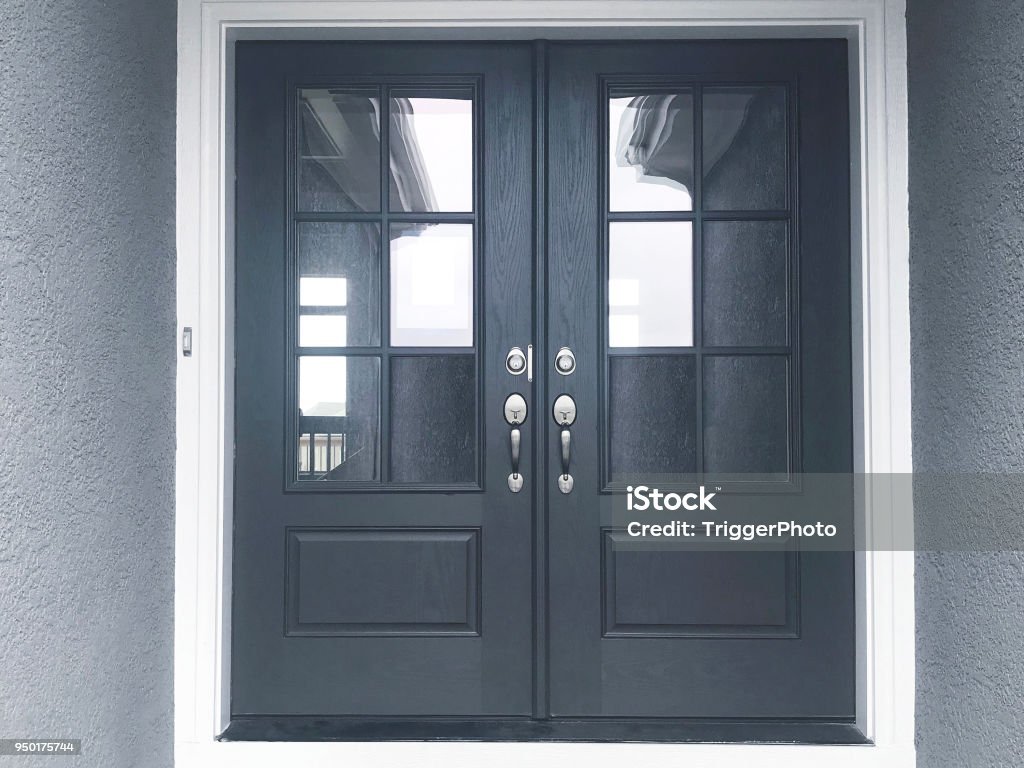Introduction
When it comes to choosing the right window frames for your home, the material matters. Each option – wood, vinyl, and aluminum – brings its own set of benefits and considerations. In this comprehensive guide, we’ll delve into the characteristics of each material to help you make an informed decision.
Wood Window Frames: Timeless Elegance and Insulation
Advantages:
Wooden frames have long been cherished for their timeless beauty and excellent insulation properties.
Natural Aesthetics
Wood offers a warm, inviting aesthetic that complements various architectural styles. It can be stained or painted to match your interior and exterior decor.
Excellent Insulation:
Wood is a natural insulator, providing commendable thermal efficiency. This helps maintain a comfortable indoor environment, potentially leading to energy savings.
Customization:
Wood is highly customizable, allowing for intricate designs and shapes. It can be crafted to fit unique architectural features, giving your home a distinctive look. Elevate your home’s aesthetics with premium aluminium doors.
Sustainable Choice
When sourced from responsibly managed forests, wood is a renewable and eco-friendly material.
Considerations:
While wood frames have many advantages, there are some important considerations to keep in mind.
Maintenance:
Wood frames require regular upkeep to protect against moisture, insects, and warping. This includes sealing, painting, and potentially refinishing over time.
Cost:
Wood frames can be more expensive upfront compared to other materials. However, many homeowners find the long-term benefits and aesthetic appeal outweigh the initial investment.
Vinyl Window Frames: Durability and Low Maintenance
Advantages:
Vinyl frames have gained popularity for their durability and minimal maintenance requirements.
Low Maintenance:
Vinyl frames are virtually maintenance-free. They don’t require painting, staining, or sealing, making them a hassle-free option.
Durability:
Vinyl is resistant to moisture, insect damage, and rot. This makes it an excellent choice for homes in humid or coastal areas.
Cost-Effective:
Vinyl frames are often more budget-friendly upfront compared to wood or aluminum options.
Energy Efficiency:
Modern vinyl frames are designed with energy efficiency in mind, offering good insulation properties.
Considerations:
While vinyl frames offer many benefits, there are a few considerations to be aware of.
Limited Customization:
Vinyl frames come in a range of colors, but they are not as customizable in terms of design and shape as wood.
Potential Color Fading
Over time, exposure to intense sunlight can cause some vinyl frames to fade or become discolored.
Aluminum Window Frames: Sleek and Lightweight
Advantages:
Aluminum frames are known for their sleek appearance and strength-to-weight ratio.
Sleek Design:
Aluminum frames offer a modern and minimalist aesthetic, making them a popular choice in contemporary architecture.
Strength and Durability:
Aluminum is a strong material that can withstand various weather conditions without warping or deteriorating.
Slim Profiles:
Aluminum frames can have narrower profiles, allowing for larger glass areas and unobstructed views.
Low Maintenance
Similar to vinyl, aluminum frames require minimal maintenance and are resistant to corrosion.
Considerations:
While aluminum frames have their advantages, there are a few considerations to take into account.
Thermal Conductivity:
Aluminum is a good conductor of heat, which means it may not offer the same level of insulation as wood or vinyl. Thermal breaks can be added to improve insulation.
Potential Condensation:
In humid climates, aluminum frames may be prone to condensation, which could lead to moisture-related issues if not properly addressed.
Conclusion
Choosing the right window frame material depends on your priorities, budget, and aesthetic preferences. Each material offers unique benefits, so carefully considering your specific needs will help you make an informed decision. Consulting with a professional window installer can also provide valuable insights and ensure that your chosen frames are installed correctly for optimal performance and longevity.
FAQs
- Which window frame material is the most energy-efficient?
Wood frames provide excellent natural insulation. However, modern vinyl frames with insulated cores and aluminum frames with thermal breaks can also offer high energy efficiency.
- Can I paint or stain vinyl or aluminum frames?
While it’s possible to paint or coat vinyl or aluminum frames, it’s important to note that these materials are typically designed to maintain their original finish. Consulting with a professional is recommended.
- Are there eco-friendly options for window frames?
Yes, both wood and vinyl frames can be sourced from environmentally responsible manufacturers. Look for certifications such as FSC (Forest Stewardship Council) for wood and ENERGY STAR ratings for vinyl.
- How long do window frames typically last?
With proper maintenance, wood frames can last for several decades. Vinyl and aluminum frames are known for their durability and can last 20-40 years or more.
- Can I retrofit my existing windows with a different frame material?
In some cases, it’s possible to retrofit existing windows with a different frame material. Consulting with a professional window installer is recommended to determine the feasibility and best approach for your specific situation.

